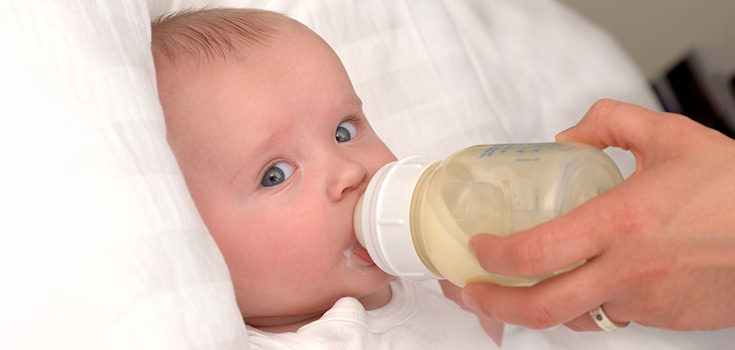BPA Found in 9 of 10 Babies’ Cord Blood

According to laboratory tests conducted by the Environmental Working Group (EWG), bisphenol A (BPA) has been found in 9 out of 10 unborn babies’ umbilical cords. BPA has never been detected before in the umbilical cords of babies, while the recent findings show higher BPA levels than ever expected.
BPA Found in 9 of 10 Babies’ Cord Blood
BPA is most commonly found in plastics and soup cans, but the chemical can actually be present in other lesser known locations.
According to a study entitled On The Money: BPA on Dollar Bills and Receipts, the hormone-disrupting chemical BPA has been found on 95% of United States dollar bills. The use of the chemical has been underway for around 50 years, according to the FDA. It was only within the last decade or so until the dangers of BPA started to become recognized.
It has been linked numerous health issues including cancer, neurological dysfunctions such as cognitive thinking impairment, behavior impairment, diabetes, asthma, cytotoxicity, and endocrine damage.
Not only does it negatively affect the consumer, but it also proves as a threat to unborn babies, just as this study indicates.
If BPA hinders the proper development of the brain in addition to everyday behavioral functions and previously listed conditions, then one can safely conclude that it is infinitely more damaging for a young child, infant, or fetus in particular. Even the FDA has considered outlawing the toxic chemical (though they ultimately decided NOT to protect public health).
In addition to the above BPA findings, up to 232 chemicals were also found in 100% of the newborns tested, painting a gloomy picture for the children of the near future. Unfortunately, until these chemicals along with BPA are no longer used, the chemical exposure before birth will continue to play a role in the adverse development from even before birth.
